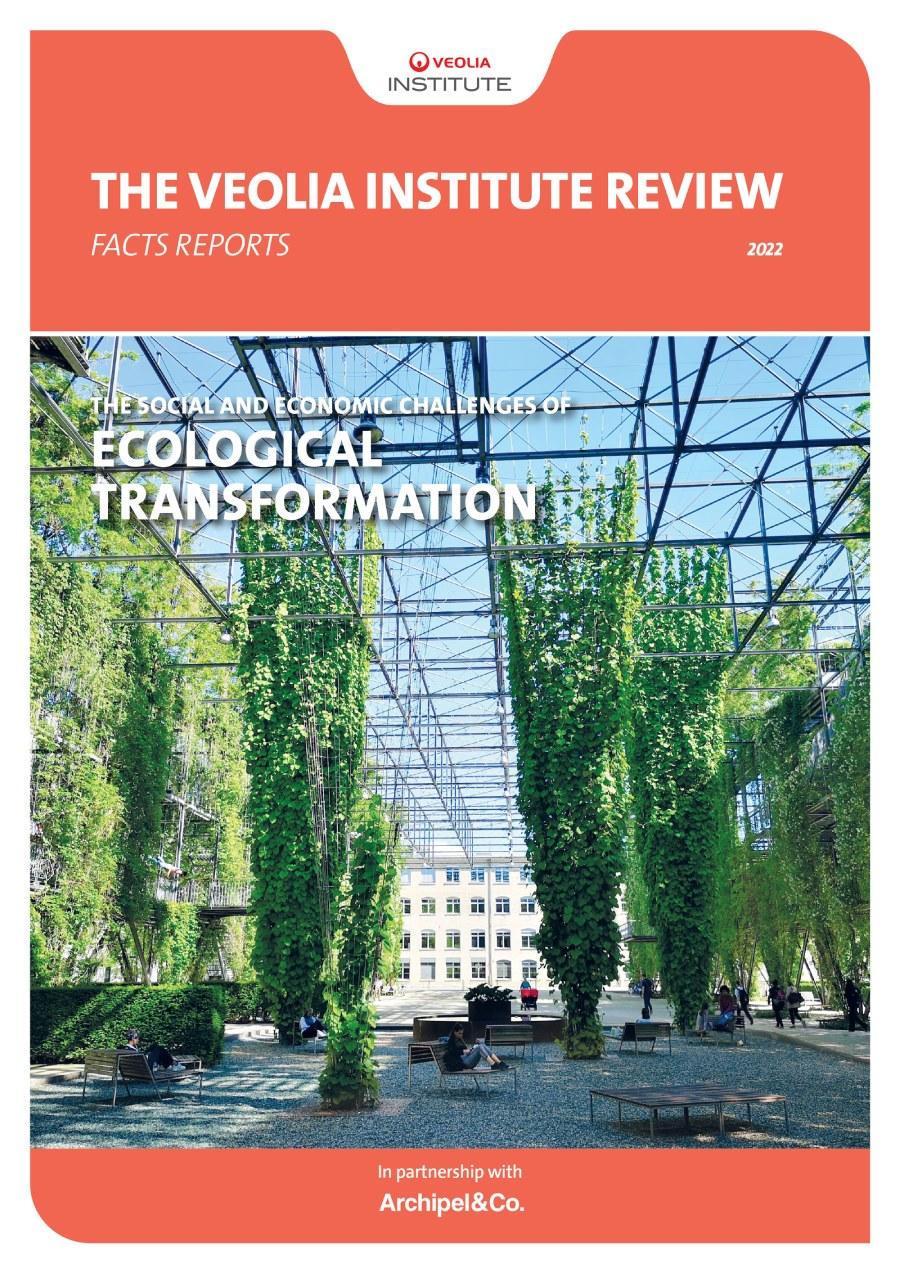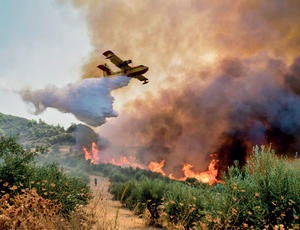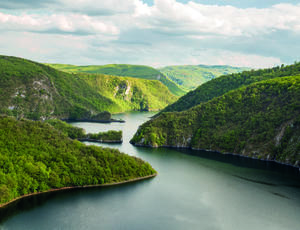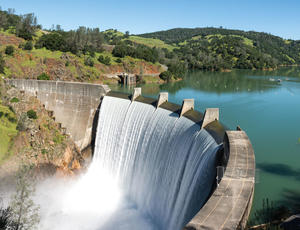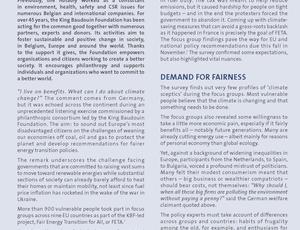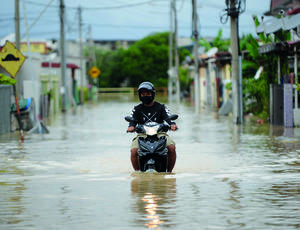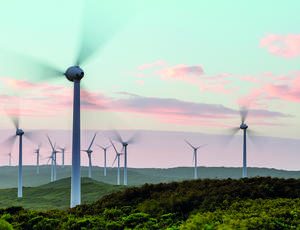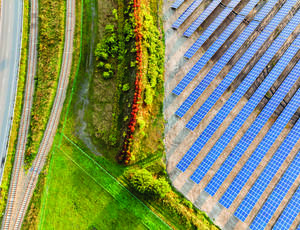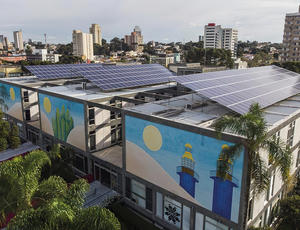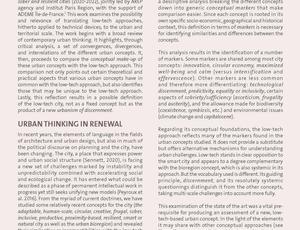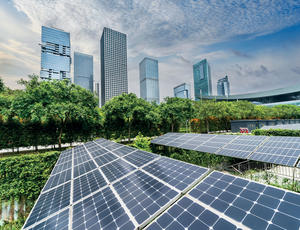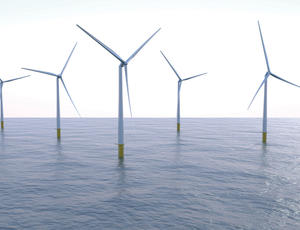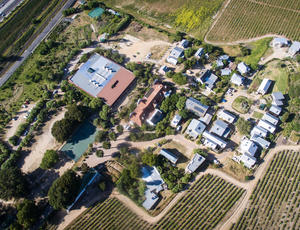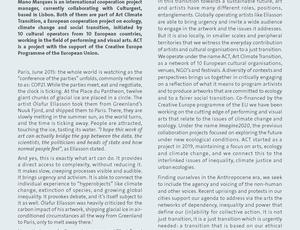Ecological transformation consists of radically changing the modes of production and consumption, to put ecology at the heart of every process and every evaluation.
The objective of this Veolia Institute Review is to better understand the notion of ecological transformation throughout the world, to clarify the issues at stake and to identify the conditions for accelerating a virtuous transformation process.
Discover:
- Foreword by Harvey V. Fineberg, Member of the Foresight Committee of the Veolia Institute
- Introduction by Nicolas Renard, Executive Director, Veolia Institute
1. Understanding and reconciling the issues
Most people now recognize the urgent need to take action to meet the challenge of the climate emergency: 64% of those taking part in the largest ever survey of public opinion on the climate emergency (50 countries, 1.2 million responses) believe climate change is an emergency*.
*People’s Climate Vote, UNDP, 2021.
Archipel&Co
Lausanne University
Institute for Sustainable Development and International Relations (IDDRI)
UNEP-Copenhagen
Climate Center
2. Reinventing our modes of production and organization
While there is increasing unanimity about the diagnosis, the same cannot be said for the question of how to implement ecological transformation. The debate is intense between those who maintain that it is possible to sever the link between increasing GDP and greenhouse gas emissions, and those who refuse a view they judge unrealistic and likely to keep us prisoner of present-day models.
Bouygues Group
C40 Deputy Regional Director for Latin America
3. Accelerating our actions
Our societies’ reactions to environmental challenges appear ambivalent, characterized as much by a form of resistance and denial, as by proactive movements to embrace change. Reflecting the varying forms and timescales of these changes, green solutions tend to be heterogenous and unevenly taken up from continent to continent. There appear to be several keys to embedding them durably, and to switching from sector-led approaches to the sweeping transformation demanded by the systemic nature of the climate emergency.
CEO of the Capitals Coalition
Climate Policy Initiative
Stefan Šipka
European Policy Centre
BehaviourWorks Australia (BWA)
Jeremy Doyle, Stellenbosch University
Carolina Mano Marques
Art Climate Transition
This new issue was produced in partnership with the innovation and impact entrepreneurship agency Archipel&Co.



